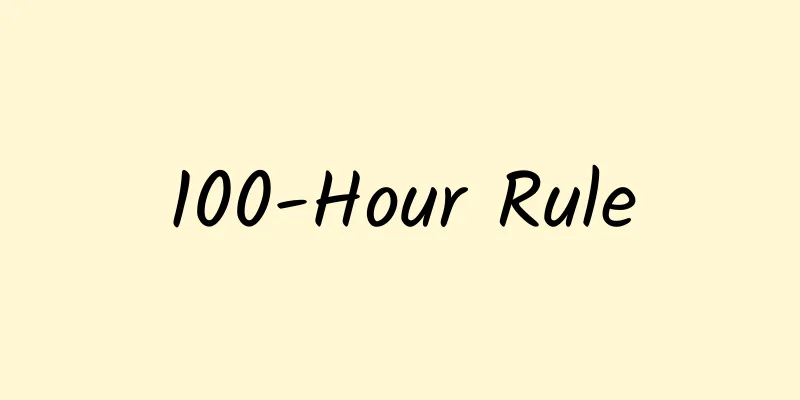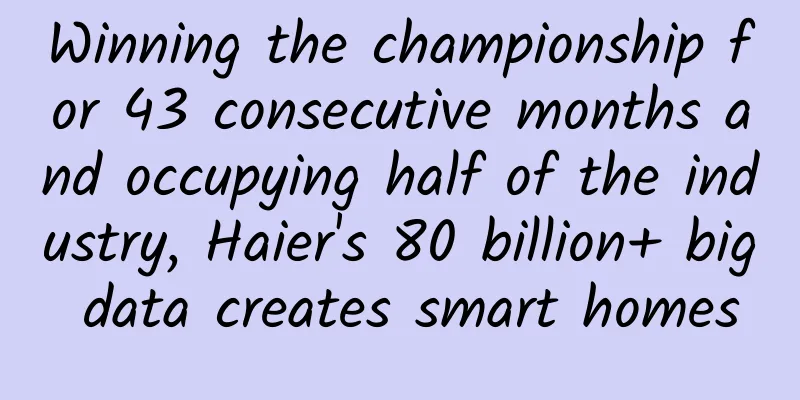100-Hour Rule

|
You may have heard of the 10,000-hour rule, which talks about the time it takes to master a field. This rule has several meanings:
Being good at different disciplines is very important for startups. A typical startup has many areas to handle, such as software engineering, user experience design, product strategy, sales and marketing, recruiting, etc. Getting any one of these areas wrong is enough to cause the company to fail. For example, if the founders can't effectively recruit a good team, they will not have the resources to realize their plans, no matter how brilliant those plans are. Or, although the founders can build a very useful product, if it is not user-friendly or aesthetically pleasing, it will often be difficult for the product to gain momentum. Of course, there are some exceptions (such as Craigslist and its antiquated UI), but they are just exceptions. Here's the dilemma: few teams are able to master the 5-10 areas that are critical to success, but mastery takes a long time. How to solve it? Try the 100-hour rule: Most disciplines only require 100 hours of active study to become much more competitive than an absolute novice. For example:
I personally experienced the sales example. Before becoming a VC, I was a software engineer with 10 years of experience. I had never dealt with sales and knew nothing about this field. After I became an investor, I soon discovered that the bottleneck of most companies was sales/marketing/customer acquisition rather than technology. Therefore, I began to try to teach myself sales and related fields. I read books like "Traction" and attended conferences like SalesConf. I invested about 50 to 100 hours in sales. The result? Although I am still a green hand compared to experienced people, I know more than enough compared to many non-sales people. Now I know that most software products should be priced according to value rather than cost, it is better to talk about benefits rather than features, and the most important part of sales is to listen to what customers want, not to tell them what you have. If the conversion rate of sales experts is 80% and that of novices is only 10%, my current level is about 30-40%. It is still far behind experts, but it has opened up a gap with novices. If you look at it based on 1-2 weeks of full-time study, the ROI is already very high. Some observations on the 100-hour rule:
How do you combine these observations with entrepreneurship? Start by making a list of areas you need to excel in to ensure your company's success (sales, observation, UI design, domain-specific knowledge, etc.). If your team lacks experience in some of these areas, don't expect to wing it and get the best results. Invest some time to learn and master basic competencies so that you don't get crippled by some rookie mistakes. In the long run you will need to find some experts, but in the short term invest enough time to learn enough to fill any critical gaps. |
<<: Why am I still programming at my age?
>>: What are the common characteristics of awesome founders?
Recommend
What should product operations and general operations do at different stages of a product?
Products and operations are inseparable, and good...
Pear Diet: Why does a website's homepage ranking depend on what users want?
It is no use having a good website that just look...
The live broadcast can’t be released?
You may be wondering: What can conversion goals d...
How do you evaluate the EU’s unified charging interface?
Nowadays, there are more and more electronic devi...
Practical operation of Douyin account in K12 education industry!
As the proportion of short videos in the content ...
Achieve a net profit of 4000+, one of the money-making opportunities in 2020
Whenever I see a baby a few months old being infe...
High-end TVs have become a trend. What is the significance of quantum dots for the consumption upgrade of China's electronics market?
On April 13, the "2017 International Quantum...
More than 200 million animals are killed by cars in our country every year? This is how you can save them!
When it comes to human harm to wildlife, many peo...
Master the user portrait knowledge system from 0 to 1 in one article
I took a course on user portraits some time ago, ...
Burning money, poaching anchors, and high bandwidth fees, how do live streaming platforms achieve commercial monetization?
Today, let’s talk about how the live streaming in...
More than 100,000 users added in 5 days, revealing the "payment + fission" routine in the education industry!
Fission is a very popular concept this year, on p...
Lost in Russia, the first marketing hit in 2020
When users across the country were staying at hom...
5A Brand 4-Stage Growth Strategy
First, let me say the golden sentence: From the p...
WeChat officially launches Windows client
On the evening of January 27, WeChat officially l...
How do brands follow hot topics? 3 methods
In the short video operation tutorials or practic...









